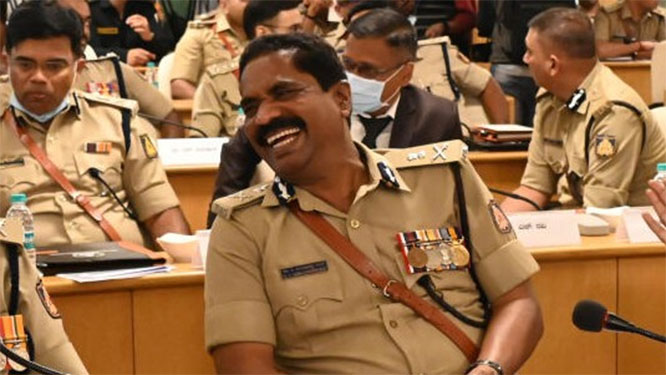New Delhi, Aug 28: The United Arab Emirates (UAE) has adopted a powerful stance in empowering women, setting new standards based on a model drawn from the vision of founding father of the Arab country, late Sheikh Zayed bin Sultan Al Nahyan.
This approach perpetuates in the current leadership's vision for the future, whereby women stand as active partners and contributors in the country's development process.
The UAE Constitution guarantees equal rights for women and it is leading the way in a number of regional and global indexes on gender equality and women's achievements, education and literacy, women's employment.
The country's Constitution supports the participation of Emirati women in decision-making, a core component of economic empowerment. In December 2014, the UAE Cabinet adopted a decision imposing the appointment of women on the boards of directors of all institutions and government agencies, setting the proportion of female representation at 15 per cent in government institutions.
In 2015, the UAE Gender Balance Council was established as a federal agency to scale up the UAE's efforts to achieve gender balance across all sectors nationwide. In UAE, women are actively involved in the police, military and judiciary sectors.
With more than 70 per cent of girls graduating from universities, the UAE has also made remarkable progress in reducing gender disparities in girls' education in schools and higher education
The Arab country has also adopted several national policies and strategies aimed at empowering women in the UAE and strengthening their status in all sectors, by launching a National Strategy for Women's Empowerment and Entrepreneurship 2015- 2021, which aims to empower and build the capacity of Emirati women to overcome the difficulties encountered in their participation in all areas.






Comments
Add new comment